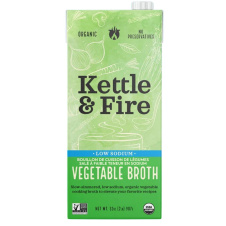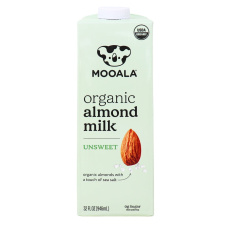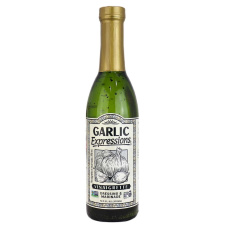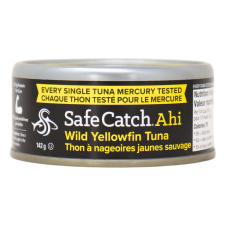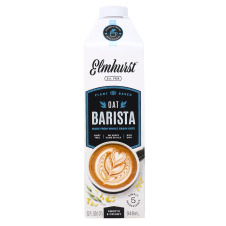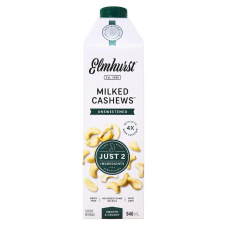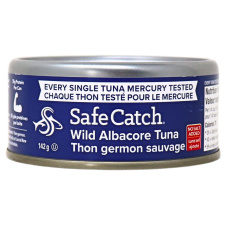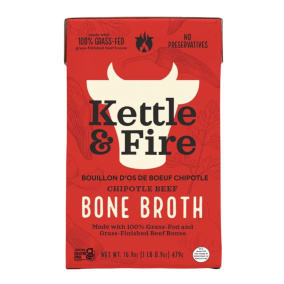
What Are the Types of Vegetarians & What Do They Eat?
Think vegetarianism is just about eating vegetables? We’d like to challenge that thought! Vegetarianism has been practiced for years throughout the world. In fact, many cultures thrive fully on a vegetarian diet and are some of the healthiest people you’ll ever meet. In fact, vegetarianism has gained a reputation for being able to produce some eye-catching health benefits and quickly gained popularity throughout the world. And, since each part of the world carries different culinary customs and has access to different kinds of food, vegetarians all over the world have added their own flair to this diet. Nowadays, we have 6 different types of vegetarianism and counting! Here are the types:
Lacto-Vegetarian
A lacto-vegetarian is an individual that consumes mainly a plant-based diet but allows room for dairy products. The term “Lacto” refers to dairy in latin. This individual may consume fresh products like milk, cheese, and yogurt. They may also include processed foods with dairy ingredients in their diet such as cream-based sauces, ice cream, cookies, chocolates, chips and more. However, other animal products such as meat, chicken, eggs, fish, and pork, may be off-limits. Conversely, there are some individuals who consider themselves to be following a lacto-vegetarian diet yet do not drink cow’s milk. Instead, they opt for nut-based or oat-based milk. Notably, the dairy products that you choose to include in your lacto-vegetarian diet are completely up to you.
Lacto-Ovo-Vegetarian
So, we got that the “Lacto” prefix refers to dairy products already, so now we’ll focus on the secondary prefix “Ovo”. The term “Ovo” is Latin for eggs. So, as you might guess by the name, an individual that follows this diet includes both dairy products and eggs in their plant-based diet, while refraining from consuming other animal products such as pork, fish, and chicken. The lacto-ovo-vegetarian tends to be one of the most popular forms of vegetarianism. Some believe that it’s popularity can be attributed back to religious practices such as Hinduism and Buddhism. However, it may also be related to the fact that this is one of the more lenient forms of vegetarianism. Allowing for consumption of eggs and dairy products creates more flexibility in your diet and less headaches with outside food consumption, so it is preferred by many.
Flexitarian
A more recent addition to the vegetarian diet umbrella is the term flexitarian. A flexitarian is someone that follows a plant-based diet most of the time. One could also include into this section those that follow a plant-based diet but consume honey. Like the term “flexitarian” suggests, these individuals are “flexible” when it comes to their diet. Now, you may be thinking isn’t being a flexitarian the same thing as following a regular diet? Well, not exactly. Unlike the average Joe, a flexitarian only allows for animal products on occasion. For example, a flexitarian might choose an oil-based salad dressing six times a week, and on the seventh day allow for a cream or egg-based salad dressing. Whereas an average Joe, can choose either without limitation.
Now, we know what you’re thinking, why wouldn’t you just choose one of the other kinds of vegetarian if you still want to eat animal-based foods? To answer this question we would have to dive deeper into each individual's motivations. Nonetheless, some common reasons may include making a positive impact on the planet, to allow for flexibility, or because they only eat animal products on rare occasions, so the other types of vegetarian diets don’t fully capture the essence of their eating habits. With a flexitarian diet, individuals can practice a plant-based diet majority of the time with the occasional “cheat meal”. Due to its flexibility and proven health and environmental benefits, flexitarian diets appear to be taking over the planet!
Ovo-Vegetarian
This type of vegetarianism is ideal for anyone that loves a good scrambled egg in the morning, pastries, or baked goods. As you might be able to tell by the name, an ovo-vegetarian refers to someone that follows a plant-based diet that includes eggs. Like we discussed in the previous sections, an ovo-vegetarian may not eat the egg itself in its purest form (i.e. sunny side up, scrambled etc.), but they may consume it in other products like cookies, cakes, and other baked goods or products. This form of vegetarianism allows for more flexibility in one’s diet all while restricting the consumption of meat, dairy, and other animal products.
Pescatarian
When we think of vegetarianism, we often think of avoiding meat, dairy and eggs. But, there is one popular animal product that we often forget about...fish! Fish is another animal product that is often avoided in vegetarian diets. But, there is an exception . . . pescetarians! Pescetarians follow a plant-based diet while allowing for seafood and seafood-related products. Pescatarians don’t consume chicken, beef, eggs, or pork, but they may consume fish, clams, caviar, and lobster to name a few. This type of vegetarianism is ideal for anyone that loves seafood or wants a wider selection of proteins in their diet. Pescatarians should aim to consume ethically-sourced, wild-caught seafood like tuna, salmon or sardines, whenever possible to continue to maximize their contribution to the world.
Veganism
Veganism has taken the world by storm lately! A vegan is someone that does not consume any type of animal-product at all times. This means, no fish, chicken, meat, dairy, honey, or pork to name a couple. Furthermore, many vegans expand their love for the planet beyond their kitchens and shop vegan cleaning products and avoid animal-made clothing, like real leather, and other products. Veganism is the strictest form of the vegetarian diet that exists. However, each and every day the vegan community continues to grow as the benefits outweigh the “sacrifice”. Consequently, more vegan options are becoming available on menus and shelves everywhere! So, it’s never been easier to be vegan! You can now find alternatives to common non-vegan foods such as cheese, eggs, milk, broths, tuna, ground beef, gummy bears, and jerky online, in stores, and in restaurants!
So, what’s the best type of vegetarianism?
No matter which one you choose, a plant-based diet comes with tremendous benefits for both your health and the environment. No one type of vegetarianism trumps another. In order to pick the best type of vegetarian diet for you, you’ll have to determine what foods you are willing to give up (Read More: How To Pick The Right Diet For You Here). If you don’t mind giving it all up, then a vegan diet may be right for you. But, if you prefer to have some flexibility, then any of the other types of vegetarianism that we discussed may suit your fancy. However, it is important to recognize that adopting any sort of vegetarian diet will require some change and sacrifice. Nonetheless, the sacrifice will be minimal as there are so many vegan and vegetarian options of your favourite foods available. Ready to become a vegetarian? Get started here!



